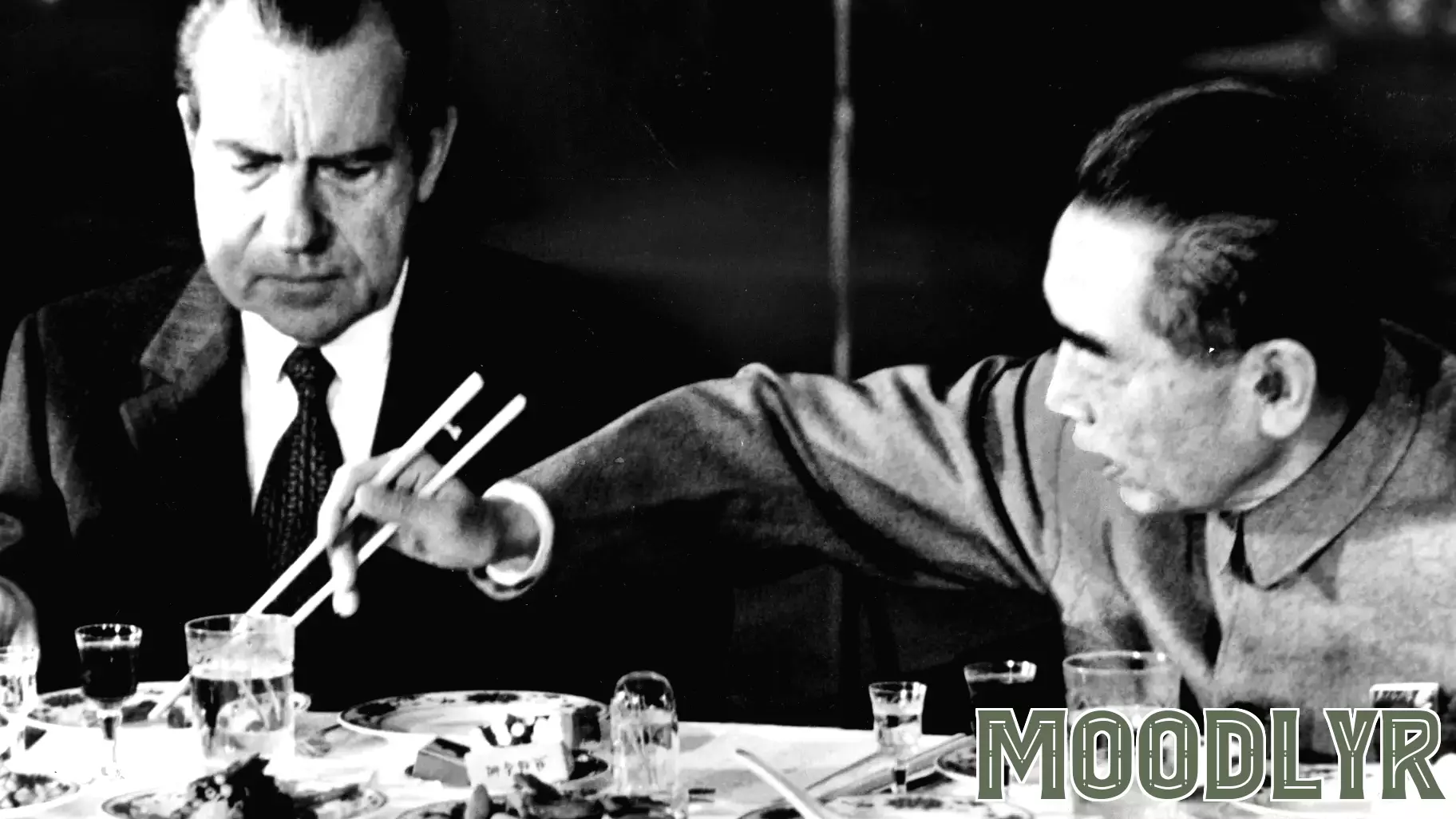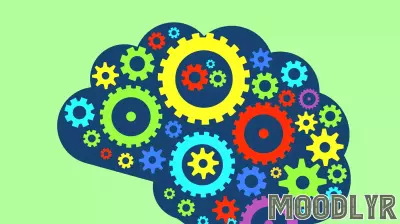March 29, 2025 - 03:18

At the kitchen table or in a restaurant, some individuals steadfastly refuse to share a dish, a few French fries, or a dessert. This aversion to sharing food can be perplexing, prompting questions about its origins and implications. Psychologists suggest that this behavior often stems from a deep-seated sense of ownership and personal attachment to food. For many, meals represent comfort, security, and a source of personal identity.
Cultural factors also play a significant role in shaping one’s attitude towards sharing. In some cultures, communal eating is the norm, while in others, individual portions are the standard. Those who grow up in environments where sharing is discouraged may carry these beliefs into adulthood, leading to a strong preference for keeping their meals to themselves.
Moreover, the fear of contamination or the desire to control one’s dietary choices can further explain this reluctance. In a society increasingly focused on health and wellness, individuals may feel protective over their food choices, leading to a more pronounced aversion to sharing. Understanding these psychological underpinnings can shed light on why some people are so adamant about keeping their lunch just for themselves.



